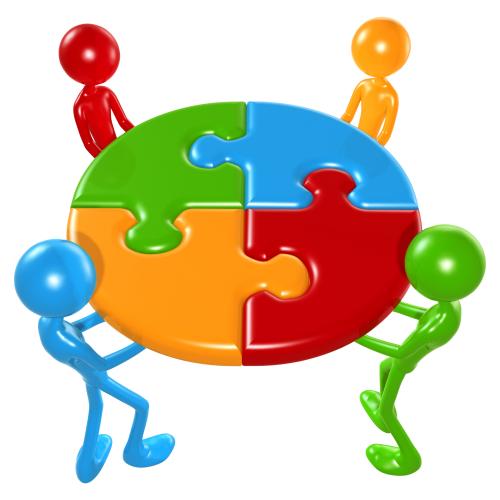
I have not been able to sleep soundly for some time now. No, I do not suffer from insomnia. I am haunted by the images and description of the victims of Yolanda, the super typhoon that descended upon the Philippines on Nov 7th. One can’t escape the news of such enormity and in this age where there is Facebook and Twitter to share things instantly.
I never thought a typhoon that has occurred in another part of the world, thousands of miles away could affect me so severely. I was happy in my own cocoon, enjoying my return to gainful employment. Yes, I did see the disturbing images, listened to the news and discussed it with people around as a so called “active” citizen, and that was the end of my engagement with what had happened till I chanced upon a news piece that talked about the extensive damage including no electricity in the affected areas. Something snapped inside me. The catastrophe became real. Hasn’t my own uncle in living in the Eastern part of India faced days over days of darkness when the super cyclone had hit the state of Orissa a few years back. No electricity, no water and no phone connection. Weren’t we all worried for him and his wife? Suddenly the tragedy that had occurred in “that” part of the world had personalized itself for me. I felt connected to each person who was involved with it, as a victim, an aid worker or as a supporter. I was jolted out and the sleepless nights began.
I have been questioning ever since: Why do we need a jolt to jolt us out of our existence and empathise with our fellow humans. As my friend Mike wrote in one of his articles “Why does it take a major catastrophe, a typhoon for people to change their behaviors even for a short period of time and care about those living in different parts of the world?” When I read those lines, I felt ashamed and hypocritical of myself. Am I not doing the same thing that I very vociferously through my words have been condemning for a long time! The international support to the typhoon victims has been immense. One has to just open up the websites of the New York times or the Hindu and the articles on how children are selling lemonade to collect money for the affected people or how tourists stranded in the catastrophe affected area are helping to galvanize the relief efforts. Bigger agencies like the American and The British Red Cross have joined hands with the Philippines Red Cross Society in the efforts towards disaster management. These are organizations that exist to extend help in emergencies but as individuals why can’t we sensitive enough or kind enough towards others in our day to day lives?
Each of us have woven a cocoon around us which has become our comfort zone. To take us out of that , we need something extra- ordinary which then fills us up with a temporary feeling of altruism. We wake up from our slumber only for a short period. The rest of the time, we are busy perusing materialistic dreams , mostly at the cost of others. We donate money primarily to feel good. The fact that it may help someone is mostly incidental. We give up seats in a bus or in a metro rail to a pregnant woman or a senior citizen if we are not too tired ourselves. Kindness is contingent upon our own convenience. Why should a tragic event manifest itself personally or be brutal enough to warrant a response from us? Why can’t the kindness be unconditional?
This sudden show of solidarity with the typhoon victims reminds me of another incident that was similar in terms of the emotional response from the individuals across India and outside. In December last year, a 23 year old student was brutally gang raped in a moving bus in Delhi. She later lost her life due to sever internal injuries. The girl was named “Nirbhaya” meaning fearless in Hindi. What was so fearless about her may I ask? She was afraid to die, afraid of the people who raped her. Who wouldn’t be? I am filled with fear when it’s 8 PM and I am on my way back home from work. The girl who was fearful of her life, becomes the “fearless one” and a National symbol. There are thousands of Nirbhayas in the country who are sexually assaulted and even killed but forget the headlines, not even a tiny paragraph is devoted to them. What was so unique about this case that it united everyone across the country? People stood in solidarity with each other on this issue forgetting their differences about caste, religion and gender. My conversation and discourses with people around me gave me just one answer : It’s not rape per se, but the extreme and intense brutality that “appealed” to the people and led to candle light marches and other forms of protests. Shouldn’t a rape be enough to galvanise us? Why should it be prefixed with brutality for us to step out of our houses and demand speedy trials? Shouldn’t respect be given to each other just because the other is a fellow human?
Can’t we all just try to show basic kindness to others; everyday kindness not just between individuals but one that transcends geographical borders, political alliance and nationalities. Only if we can tell ourselves "I will help my fellow being, because it is my duty as a part of this planet" and freely open our minds, hearts and resources, half of the world's issues would get solved.
When are we going to stop being comfortably numb to the things around us? I am still searching for an answer. If you find it, do let me know.










Add new comment